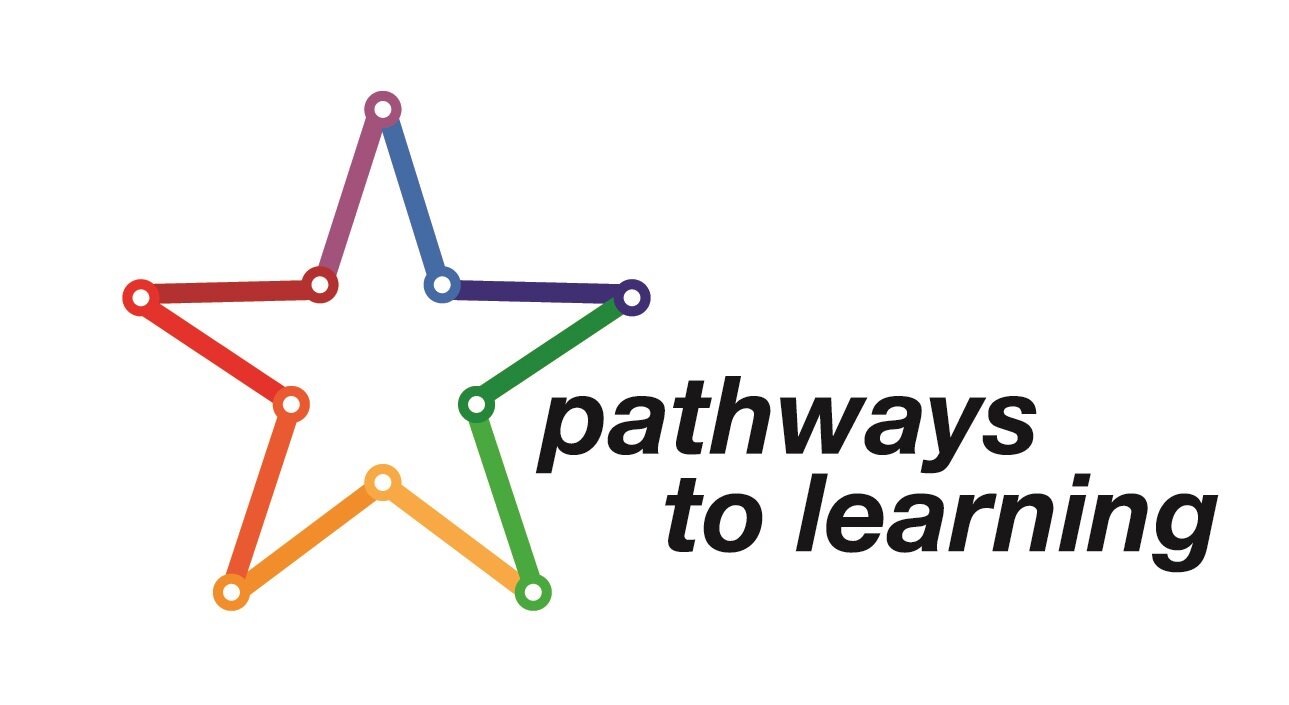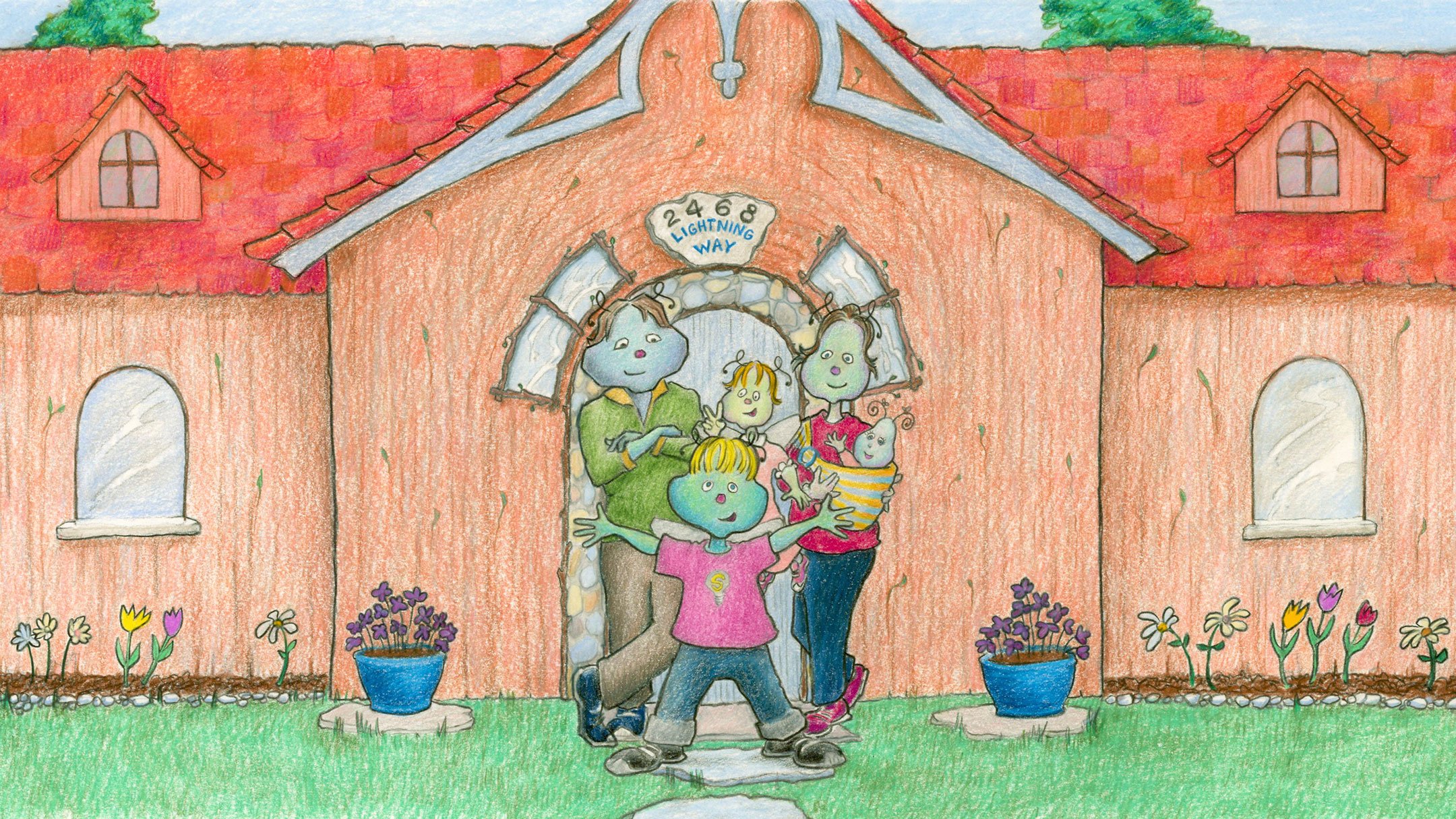We’ve all had that moment in Kindermusik. We’re all sitting down in class and your toddler is anywhere but near you but we stand up to dance and all they want is to be held. The flip flop between independence and dependence can be immensely frustrating. Why is it like this? Why can’t the dependence/ independence be on our terms? Here are some of the possibilities to explain the behavior. Some times just understanding why can help us manage our frustration and be better prepared to help our kiddos manage when the world isn’t going their way. Read on at the end and I’ll provide some strategies that can help when you just can’t pick them up one more time.
Individuation Separation – Toddlers are just beginning to realize that they are a person in and of themselves separate from their caregiving adults. As they figure this out it can be confusing because all they’ve known is what it felt to be “one” with their caregiving people and there uncertain what this individuality means. This process continues until around age 3 although this 1-2 span is the most intense. If you think about it, you’re probably going through something similar. We want them to grow and develop and learn new skills and at the same time we want to hold onto each stage and keep them little. It really mirrors what’s happening for them.
Separation Anxiety – Around 12-24 months, many toddlers experience separation anxiety and seek closeness to their caregivers. When you stand up to dance, it might activate their concern. They might fear you will leave and holding onto you (or demanding to be held) is one way they can keep track of you and make sure you don’t leave.
Developmental Leap – When toddlers are learning new skills (like walking or talking), they may seek more comfort because they feel a little unsettled.
Overstimulation – Loud noises, big crowds, or too much activity can overwhelm a toddler, making them seek the comfort of a familiar caregiver. Although we do everything we can to manage the stimulation of the environment in each Kindermusik class, it can feel overwhelming when everyone stands to dance. Being close to you provides security and comfort.
Love & Bonding – Sometimes, they just want to be close to their favorite person! Physical closeness strengthens the caregiver-child bond.
So, what to do? Well if you’re okay with holding your kiddo while you dance, go ahead and do it. They’re getting a need met and feeling the movement in your arms. If you want to reassure them you’re staying put and want to encourage more independent movement you can stay on the floor or kneel (if that’s comfortable) and dance from your seat. Depending on the dance you might opt to do a portion of the dance with them up in arms and a portion with them dancing on their own. In Level 1 this week we’re moving to Hop to It! There are two distinct sections – hopping – and dancing. Decide which one you will do together and which they will do on their own. Enthusiastically tell your kiddo, “I’m going to hold your hands while you jump and then carry you for the dance.“ Play with it at home where your child feels most comfortable. Play the music from the app and dance along. The practice of dancing at home will give them some comfort when the activity comes up in class.
Finally if you just can’t hold onto your toddler and dance for whatever reason (injury, pregnancy, fatigue, just don’t want to), find a spot in the classroom and snuggle up while you observe the class dance. They may choose to stay close to you and cuddle up or decide that it’s okay to dance independently while you stand. Regardless of their response, your little one will benefit from knowing you will meet their need for comfort and closeness no matter what and they will benefit from watching the movement too.
Please also know you can ask your teacher to help anytime, we love to take a spin around the floor with one of our little friends.
As with all things, this too shall pass and if you’re anything like the rest of us there will come a time when you fondly remember your clingy little one and how you used to dance together at Kindermusik.
XOXO Miss Beth










